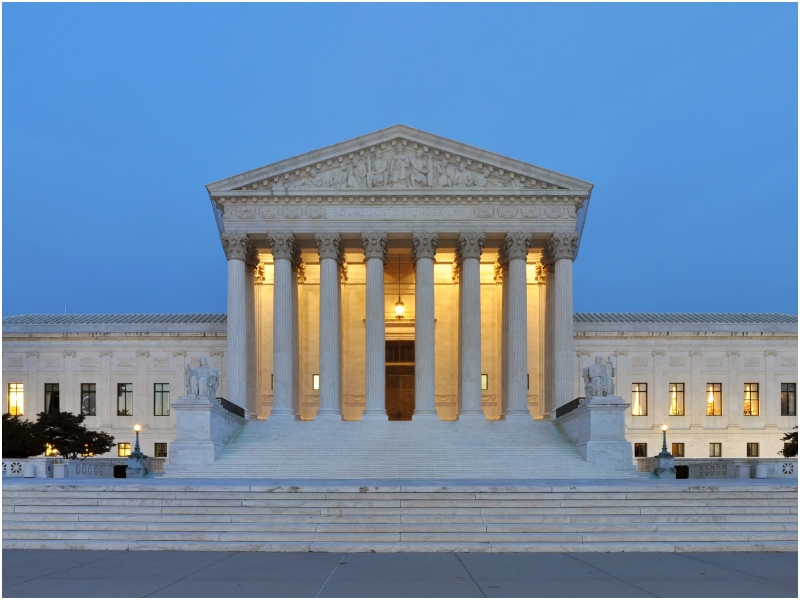In their legal case comment titled “Proper Parties, Proper Relief,” William Baude and Samuel L. Bray delve into the critical role of standing doctrine in contemporary U.S. law, particularly highlighted by recent cases at the United States Supreme Court.
They examine various sources contributing to the centrality of standing, including procedural fusion, shifts in public law enforcement, and the rise of preenforcement review of agency rules.
A significant factor driving the prominence of standing is the increasing involvement of states as litigants against the federal government, bolstered by resources and expertise in state solicitors general offices.
The authors analyze the doctrinal implications of cases like Massachusetts v. EPA, where the Court broadened state standing, leading to a surge in state-led lawsuits challenging executive branch actions.
However, they caution that while the past decade and a half has seen states dominate the public law landscape, recent Supreme Court decisions suggest a potential shift away from expansive interpretations of state standing.
Yet, the authors question whether the Court fully grasps the underlying purpose of standing doctrine or merely treats it as a procedural formality.
Read the full case comment published by Harvard Law Review here.

